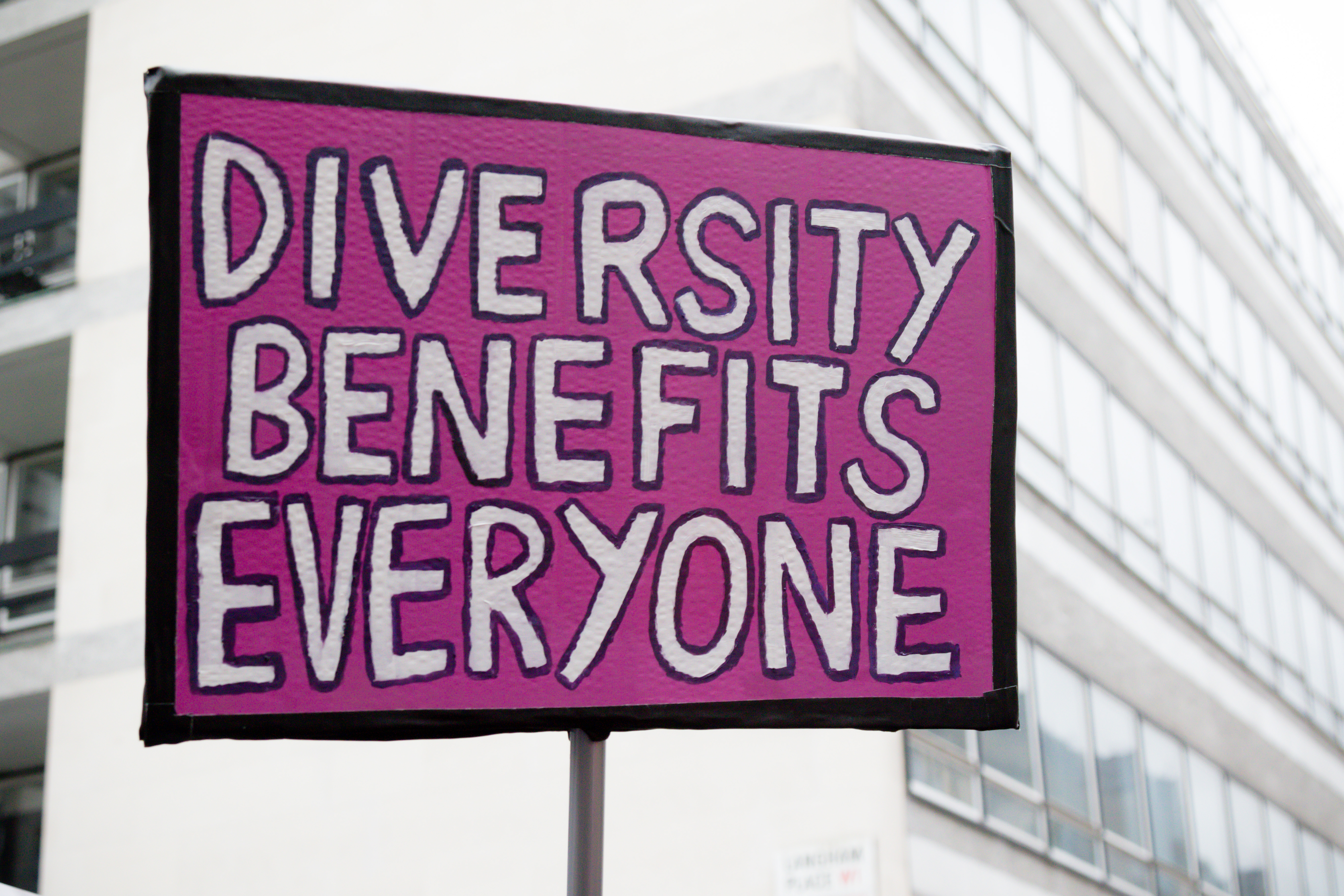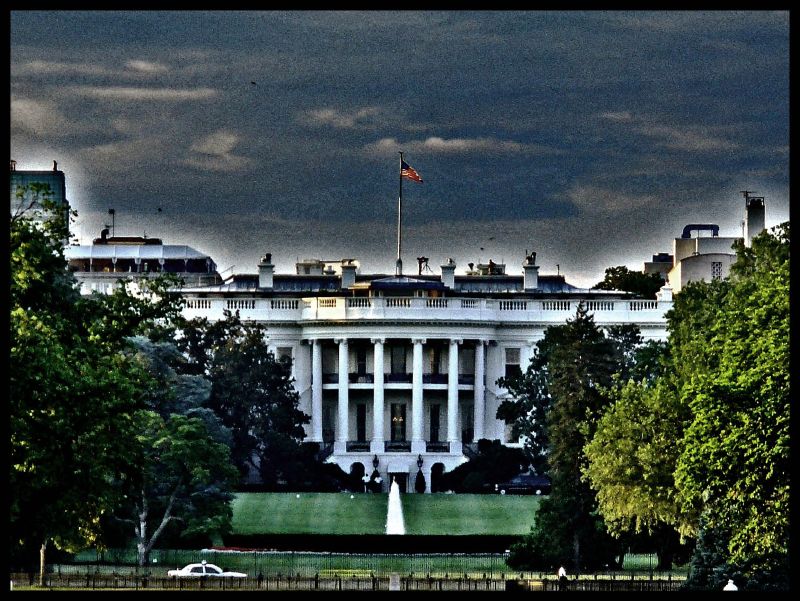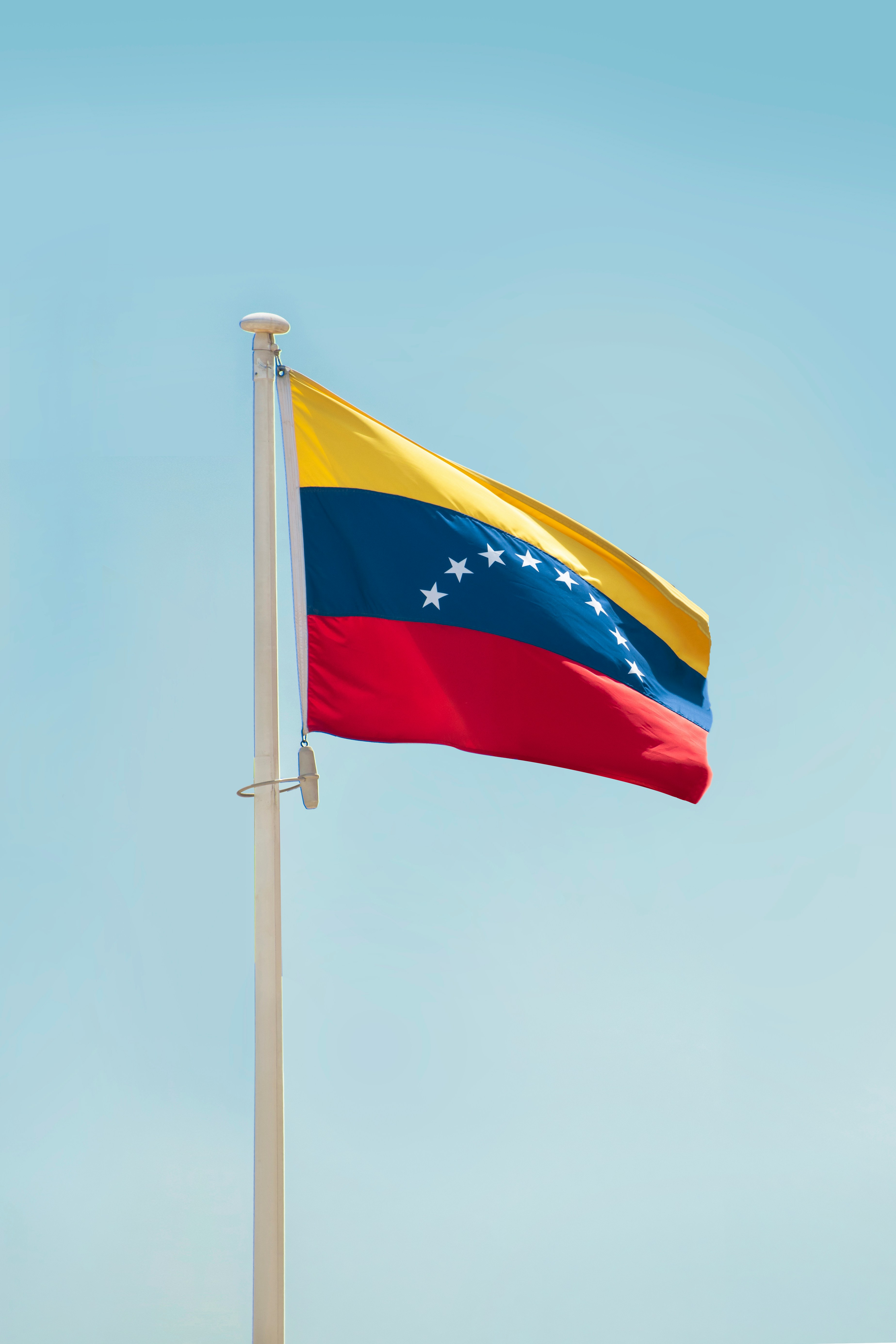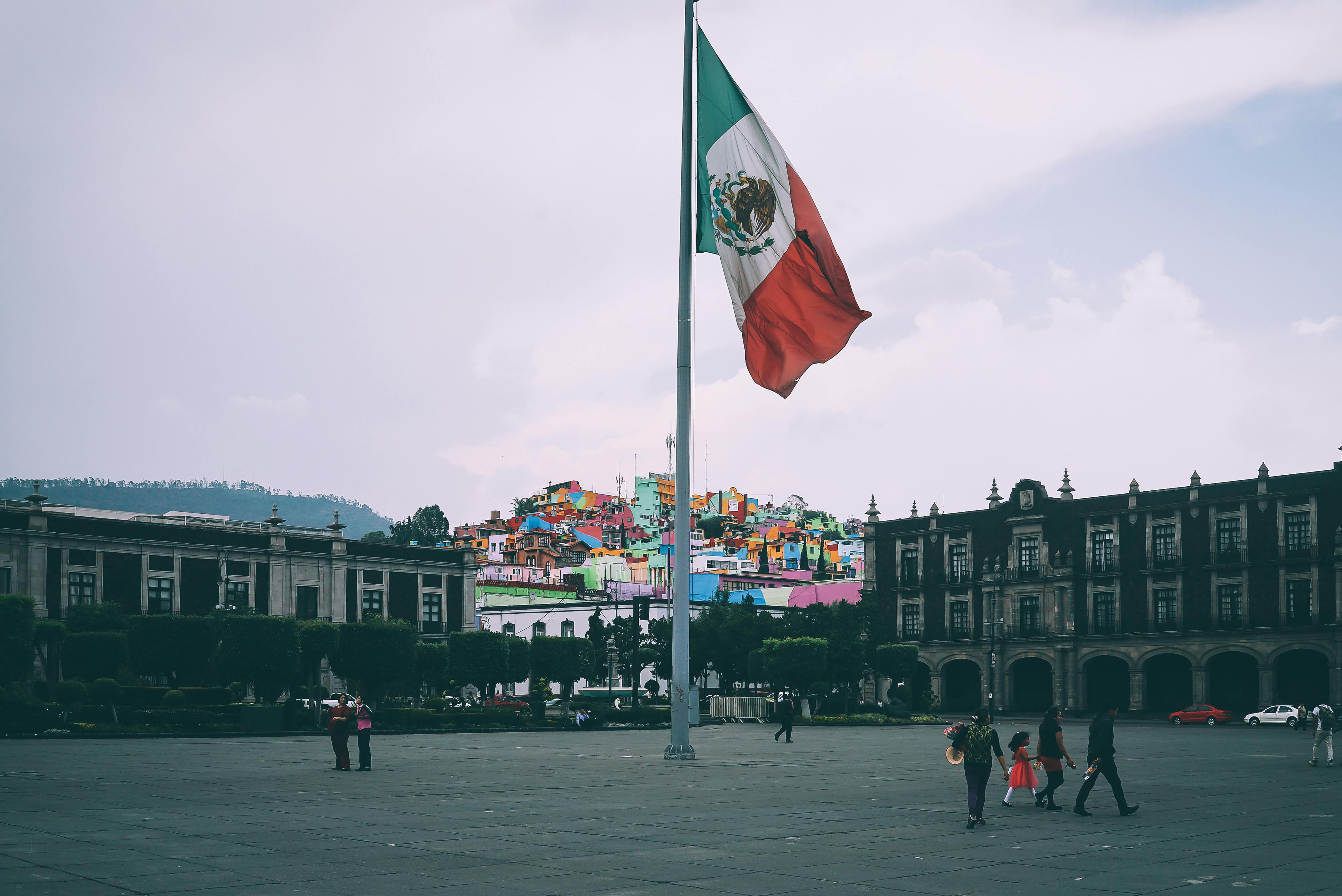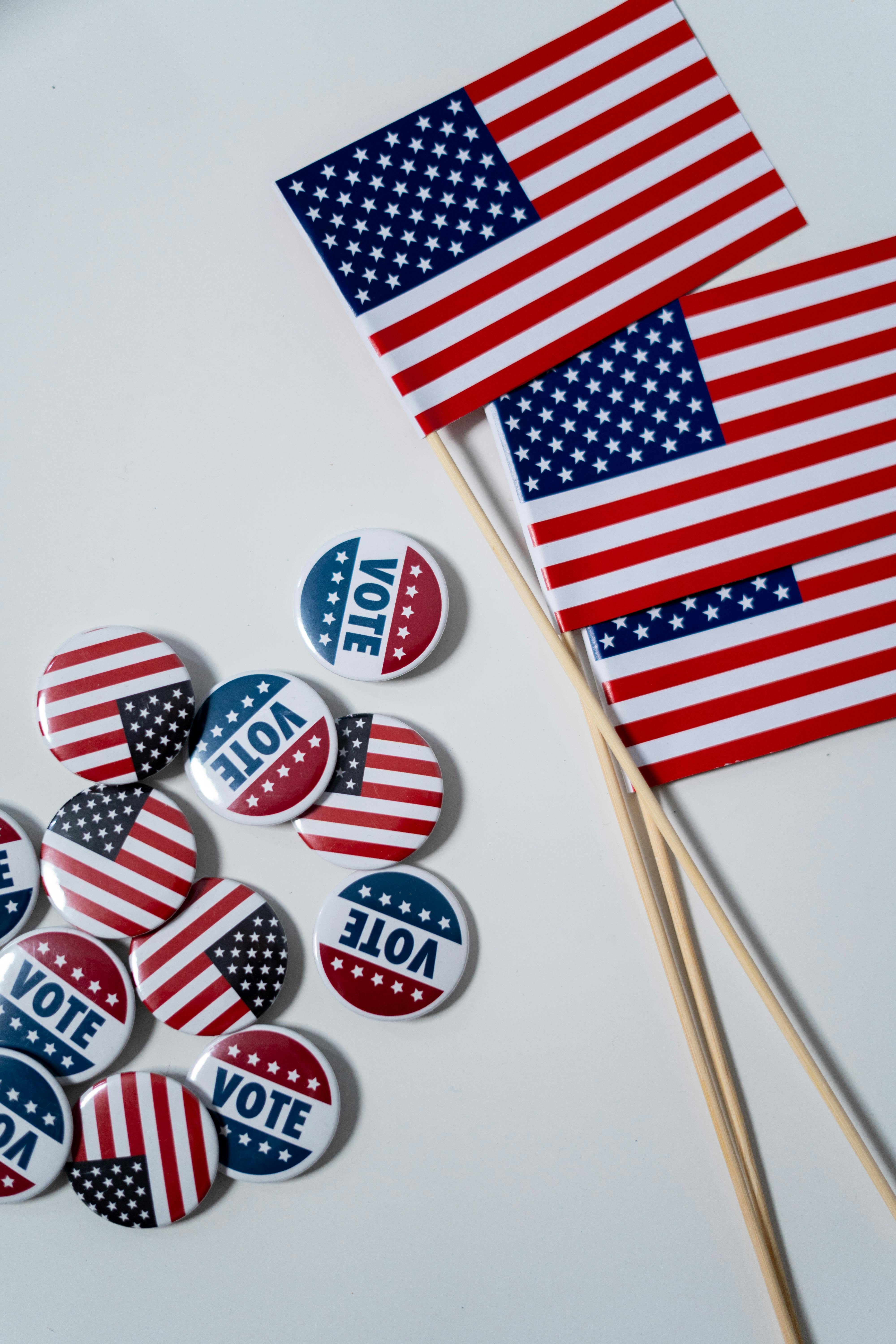Americas
In the first half of 2025, leaders in the Americas pushed the boundaries of executive power, a pattern exemplified in the United States. The new US administration’s policies, impacting many measures of democracy, have affected how other countries in the region deal with migration or combat crime. In several countries, the rights of social groups, especially migrants, were restricted. Six countries held national elections.
Emerging patterns
Representation
Developments in Representation were mixed, the main trend being attempts to weaken checks and balances. In Argentina, President Milei has repeatedly used ‘urgency and necessity’ decrees to further his agenda on subjects such as migration that require congressional approval. The legislature has taken some assertive steps, such the Senate’s rejection of Supreme Court nominees that President Milei attempted to appoint by decree. In the United States, President Trump has issued a large number of far-reaching executive orders that significantly undermine separation of powers. The administration has cancelled the disbursement of Congressionally approved funds, ordering the closure of the Department of Education and dismantling USAID.
The consolidation of single-party rule is another recurring phenomenon. In El Salvador, where the ruling party and allies hold 57 out of 60 seats, Congress abolished public financing for political parties, making the political system inaccessible to opposition and new political parties. In Nicaragua, members of the opposition are now banned from running for the newly created offices of ‘co-presidency’.
Rights
Restrictions on mobility and migrants’ rights were the most notable in the beginning of 2025. In Panama, the government tightened rules for asylum seekers and migrants, shuttering shelters in the Darien region and expediting deportations. Central and South American countries have felt the effects of new US policy on migration, which includes the deportation of undocumented migrants to third countries. This policy (along with recent legislation) has significantly narrowed prospects for family reunification and pathways to legal status, eroded migrants’ due process rights and access to justice by resorting to summary deportations, defiance of court orders, and revoking visas and residence permits for political reasons.
A pushback to diversity, equity and inclusion policies (DEI) has diminished gender equality and social group protections in the United States, including for members of the LGBTQIA+ community, resulting in the rejection of trans identity. LGBTQIA+ rights have also backtracked in Trinidad and Tobago, where an appeals court overturned a landmark ruling for gay rights. In Argentina, gender affirming care for children and adolescents has been restricted.
Some progress in the Rights category has come in the form of strengthened self-government for Indigenous peoples in Colombia, and a National Care Policy establishing a framework to address inequality experienced by those who perform unpaid caregiving tasks.
Rule of Law
Judicial Independence was a recurring theme for Rule of Law. In Costa Rica, President Rodrigo Chaves joined a protest against the judiciary, due to ongoing inquiries into allegations of corruption-related crimes. In Nicaragua, some judicial orders will require national police approval before they are enforced, subordinating judges’ authority. In the United States, federal judges will no longer be able to issue nation-wide injunctions to halt the enforcement of policies that are challenged before the courts, decreasing their power.
Political violence has had a negative impact on Personal Integrity and Security in the United States, where state lawmakers were shot, seemingly for their political affiliations, and in Colombia, where a senator was killed.
Absence of Corruption performance was also notable. A Brazilian justice confirmed the conviction of former president Collor de Mello, while a Peruvian court found former president Ollanta Humala guilty of money and asset laundering. Another development is the adoption of an anti-corruption law in El Salvador, although its effectiveness has been questioned due to insufficient transparency safeguards.
Participation
Increased scrutiny of civil society organizations was the main trend in Participation. With negative impacts to civic space, legislation restricting the funds and work of CSOs was introduced in Peru and El Salvador. Amendments in Peru to an international cooperation law will tighten government scrutiny over their work. The Salvadoran Foreign Agents Law will require CSOs that receive foreign funding to pay a 30 per cent tax.
Elections
National elections were held in six countries: Ecuador (February), Trinidad and Tobago (April), Canada (April), Suriname (May), Venezuela (May), and Mexico (June). Ecuador and Canada saw their leaders re-elected, with the latter country registering its highest turnout in decades. In Suriname, parliament elected its first woman president. In Trinidad and Tobago, parliamentary elections resulted in an opposition leadership victory. Elections for Venezuela’s National Assembly lacked independent oversight. Mexico held its first judicial elections.
Given its current trajectory, it will be important to monitor the United States’ democratic performance across all categories. An executive order on ‘electoral integrity’ seeks to introduce ID and other requirements for voters, with a likely impact on Inclusive Suffrage. The administration’s pauses of the implementation of some legislation, such as the Foreign Adversary Controlled Applications Act with regard to the ban on TikTok, and attempts to direct agencies in matters that appear to exceed executive powers are likely to impact Predictable Enforcement. As government policies are challenged in the courts, Judicial Independence will be key, as will Personal Integrity and Security, given the rise in political violence. Because of unequal protections to free speech, weakened due process for migrants and the reversal of DEI promotion, Access to Justice, Civil Liberties and Political Equality will be crucial for democracy in the United States.
Access to Justice will also be key in other countries in the region, as Ecuador will be required to take measures to implement an Inter-American Court of Human Rights ruling that found it responsible for rights violations against Indigenous communities. Honduras will see an international inquiry into the killing of prominent human rights defender Berta Caceres.
Another important development for Rights will be the impact on Basic Welfare of the reintroduction of metal mining in El Salvador, and whether measures are taken by the government to minimize impacts to the environment.
In Participation, elections will be held in Bolivia (August), Jamaica and Guyana (September), Argentina (October – legislative), Honduras and Chile (November).
Factors of Democratic Performance
Scores represent regional averages in 2024.
*Data represents an average of the entire region
Number of events reported
See the most frequently impacted categories of democratic performance over the last six months
Most impacted factors of democracy
| Predictable Enforcement |
|
27x |
| Political Equality |
|
21x |
| Civil Liberties |
|
16x |
- Colombia - June 2025 | Senator and presidential aspirant shot during political rally
- El Salvador - May 2025 | Foreign Agents Law restricts civic space
- Colombia - April 2025 | ‘Comuneros del Sur’ begins process of laying down arms
- United States of America - March 2025 | Trump administration’s expedited deportations undermine due process
- Colombia - February 2025 | National policy to address care needs of population is approved
- United States of America - January 2025 | Far-reaching executive orders significantly damage the separation of powers
Democracy Notes
Archive
See past regional pages or use the archive to design a customized search to find exactly what you are looking for.
